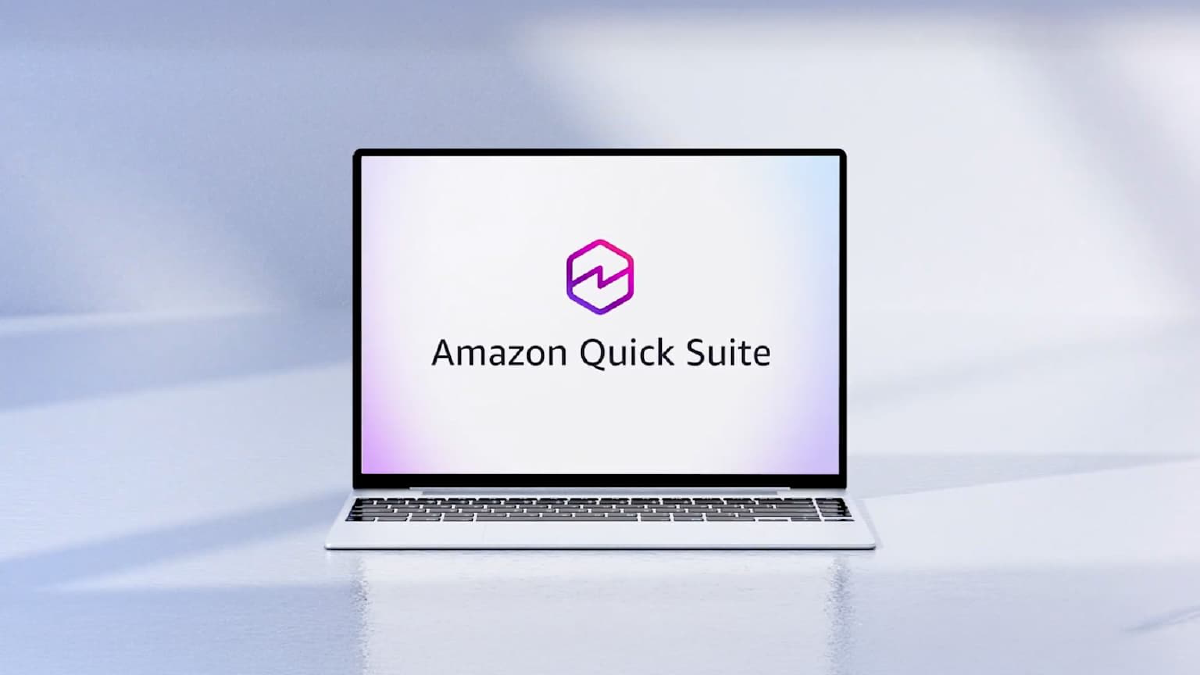Amazon Web Services just dropped Quick Suite, its answer to Microsoft Copilot and Google Gemini Enterprise. Priced at $20 per user per month, it’s positioned as the more secure, lower-cost alternative in the enterprise AI space.
Quick Suite brings agentic AI to the workplace with over 50 built-in connectors to popular tools like Slack, Microsoft OneDrive, and standard enterprise software. It supports connections to more than 1,000 additional applications, making it a potential hub for AI-powered work automation.
The early numbers are impressive. Companies testing Quick Suite report significant reductions in customer service handling times and analytics costs. The platform handles research, business intelligence, and workflow automation through AI teammates that work alongside humans.
AWS is leaning hard on its reputation for security and infrastructure reliability. In an era where enterprise data breaches make headlines weekly, the promise of a secure AI workspace carries weight. The platform emphasizes data isolation and enterprise-grade compliance from day one.
But the timing raises questions. Google, Microsoft, and now Amazon are all racing to plant their flags in the enterprise AI market. Each launch comes with similar promises: more productive, more secure, more integrated. The features blur together after a while.
The Real Competition#
Here’s what’s actually happening: tech giants are competing to become the default layer between humans and their work. Whoever wins this race doesn’t just sell software, they shape how millions of people think, decide, and create value.
The question isn’t whether Quick Suite is good. It probably is. The question is whether this corporate arms race serves the people using these tools, or whether it’s primarily about market dominance dressed up as innovation. When everyone’s selling efficiency, maybe we should ask what we’re efficiently becoming.


